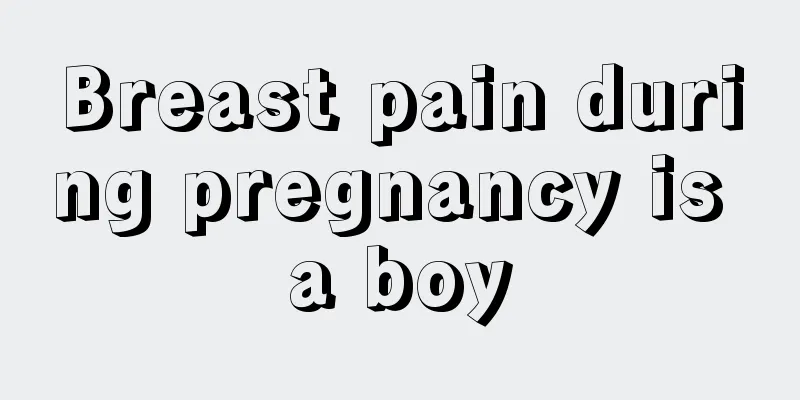What are the dangers of polycystic ovary syndrome?

|
If a woman's menstrual regulation mechanism is abnormal, it will cause many symptoms, such as infrequent menstruation or even amenorrhea, which will have a great impact on women's lives. Moreover, most women who experience these symptoms are diagnosed with polycystic ovary syndrome. This may be related to women's endocrine disorders, but many women do not pay much attention to this disease. So, what are the dangers of polycystic ovary syndrome? 1. Chronic anovulation It manifests as menstrual disorders, infrequent menstruation, scanty menstrual flow, or even amenorrhea. A small number of patients have their menstruation very rarely, with heavy menstrual flow and long menstrual periods. 2. Infertility The cause of infertility may be anovulation caused by hormonal disorders or ovarian insufficiency, or it may be caused by poor egg quality or progesterone deficiency, which causes poor endometrial growth and is not conducive to the implantation and development of the fertilized egg. 3. Hirsutism Excessive androgens in the body cause hirsutism, so the distribution of hair tends to be masculine, such as increased beard, chest hair, hair from navel to pubic area, anus and limbs, and coarse, thick and black pubic hair. Due to racial differences, Asian women do not have as obvious hirsutism as European and American patients. Sometimes accompanied by acne and hair loss. 4. Obesity Almost 25% of patients will become obese. The relationship between obesity and polycystic ovary syndrome is very complicated, which may be related to reduced insulin sensitivity. Moreover, obesity still exists after androgen drops to normal. In short, PCOS is affected by many factors, such as genetic factors, living environment, lifestyle, etc. If both parents suffer from diabetes or high blood pressure, the chances of their offspring suffering from PCOS are very high. Therefore, girls should take preventive measures in a timely manner, learn to control their weight, and develop good living habits. |
<<: How to treat gonococcal vaginitis
>>: Can PCOS cause other medical conditions?
Recommend
There is something white in the woman's vagina
Women are very susceptible to various gynecologic...
Can I push the engine when the automatic transmission is out of power? How can I start the automatic transmission when it is out of power? Is there any way?
We often see some drivers pushing their cars forw...
Why do pregnant women have filiform warts?
Filiform warts are a unique type of common warts,...
Can I eat white peony during menstruation?
Menstruation is a normal physiological phenomenon...
Ejaculation after abortion
The woman chose an abortion because she became pr...
Benefits of drinking Shugansan for women
Because traditional Chinese medicine has a very l...
How to adjust soft and sagging breasts?
Breasts are the sacred organs of women that nurtu...
Is it ok to have sex on the seventh day of menstruation?
The average women's menstrual period is 7 day...
[Medical Q&A] Is surgery necessary for liver cancer? The "new world" of ultrasound-guided interventional therapy?
Planner: Chinese Medical Association Reviewer: Wa...
How to regulate women’s insufficient qi and blood?
Women with insufficient qi and blood must of cour...
[Medical Q&A] What diseases can percutaneous endoscopic lumbar discectomy be used to treat?
Planner: Chinese Medical Association Reviewer: Sh...
One breast always hurts
Breast pain can be unilateral or bilateral. Advan...









